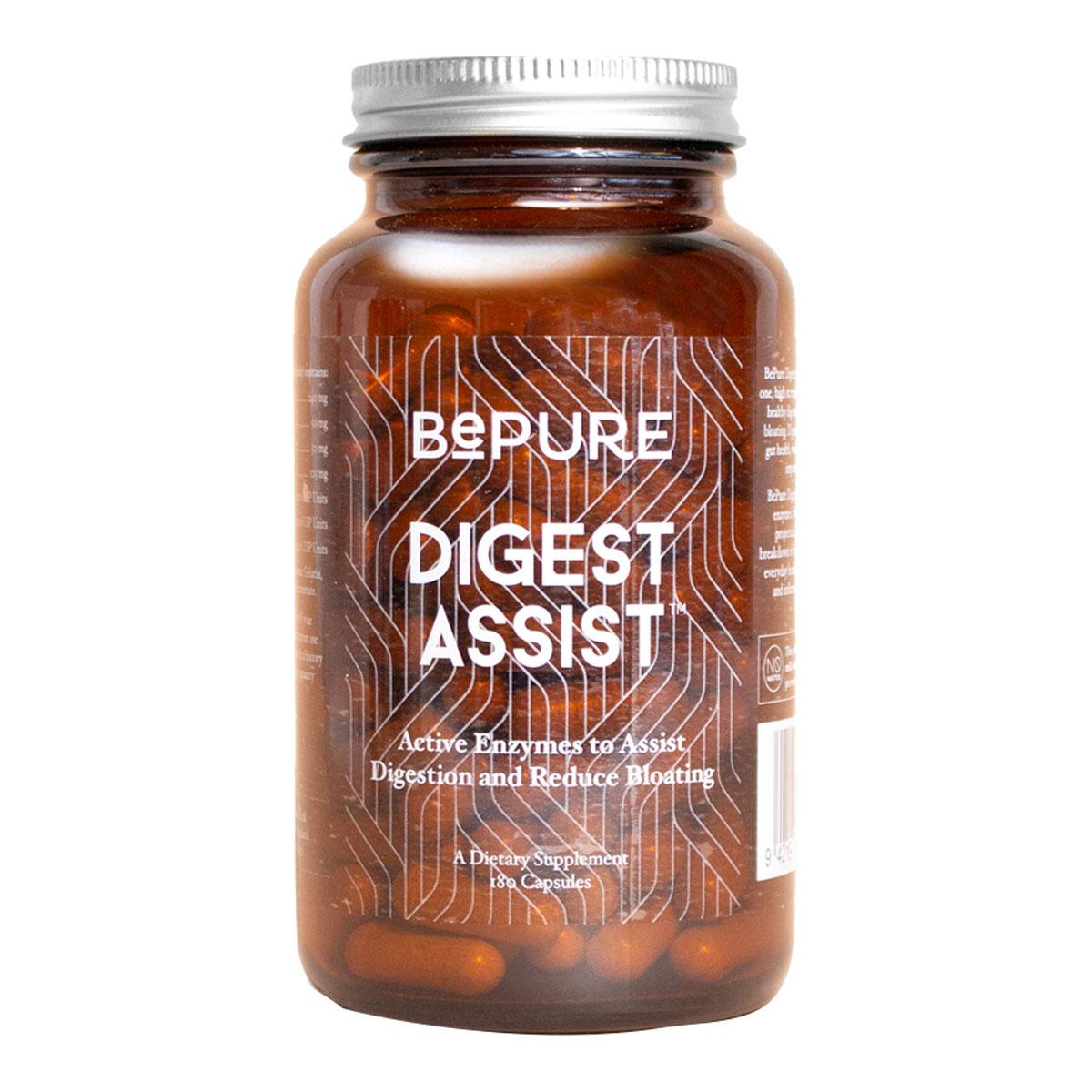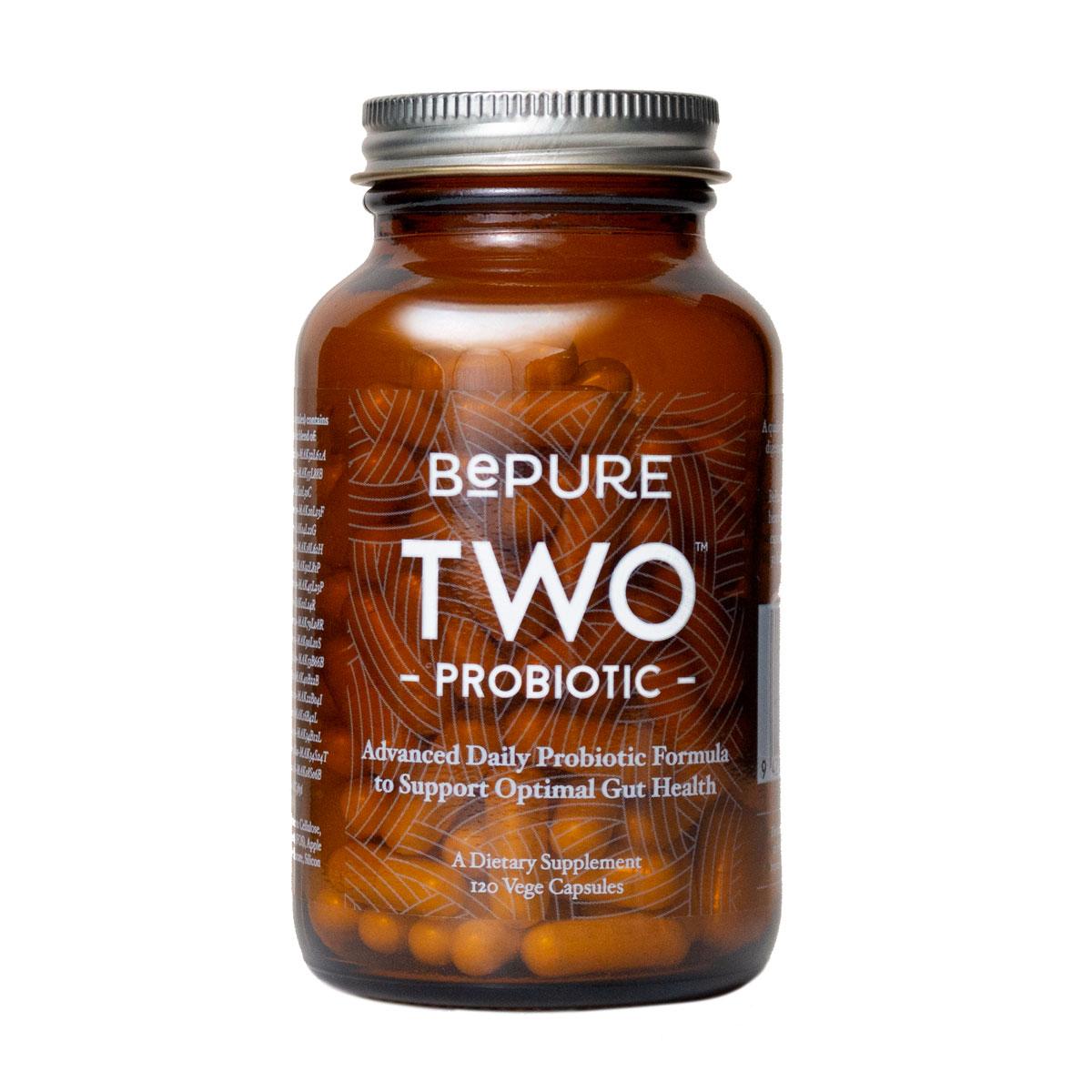
Your holistic guide: top gut health questions at the BePure Clinic
At BePure we talk about gut health all day, every day. We believe good gut health sets the foundation for wellbeing thanks to its central role in our bodies ability to absorb nutrients and excrete waste matter. Our clinical team talk to their clients about their gut health all the time, so we wanted to share some of the most common questions we receive – so you can make healthy choices for you and your family.
Why aren’t my bowel motions regular?
Bowel motions can at times become infrequent or are hard to pass. The most common drivers for this are a lack of dietary fibre, not enough physical movement, and dehydration. This is because our bowel needs enough water and stimulation to “stay regular”. Fibre in the diet acts as an internal broom, which stimulates the bowel to contract and move faecal matter along our gastrointestinal tract. Exercise acts as a bowel stimulant by “getting things moving” and regular physical movement encourages regular evacuation by stimulating the muscles of the bowel to “get their groove on”.
If you’re experiencing slow bowel motions, firstly, make sure you’re hydrated, moving regularly, and eating a wholefood diet rich in dietary fibre. You want to focus on getting quality sleep and building lifestyle habits that allow enough time for resting and digesting. Our digestive system needs “downtime” to function at its best and for some people just helping them to relax and find a balanced approach to sleep can be the winning remedy for their sluggish bowel.
If additional support is still required after working through these holistic strategies, then the digestive system can be supported with:
- Specialised supplements that support how you digest or break down food
- The rate that your bowel motions move
- A healthy and diverse microbiome
Why do I get loose bowel motions?
If bowel motions are loose, watery, and frequent, and not as a result of an infection which will go away on its own, then the body can be signaling that there is irritability or immune issues which may be causing discomfort, an imbalance to beneficial bacteria, or food intolerances.
While the causes of on-going loose bowel motions can vary greatly, the first thing you always want to do is make sure you're hydrated. Losing water and minerals in this way can lead to serious side effects of dehydration so it's important to address through adequate water consumption.
Why does my gut change with my period?
Prostaglandin levels rise when your period starts. They help the uterus shed its lining by moving the muscle (this can also cause cramps). At the same time prostaglandins influence muscles in the bowel too - making you need to go more often.
Why do I get so bloated?
Bloating happens when your gastrointestinal tract (GIT) contains more gas or air than is comfortable. Bloating can be both temporary and ongoing and can be due to something as simple as what we eat or how we eat - but can also be caused by a number of health conditions.
Irregular bowel movements and poor digestion are often the main reasons for bloating. When food doesn’t move through the digestive tract in a timely manner or food is not broken down well, the bugs that live in our gut have more time to ferment the food we eat. This can increase the amount of gas they make as part of this fermentation process and lead to bloating that can worsen across the day.
We recommend the following strategies to ease bloating by supporting digestion and regular, well-formed bowel movements:
- Daily physical activity
- Regular time on the toilet
- Chewing food until liquid
- Eating until 80% fullness
- Ensuring hydration is adequate
- Focusing on eating in a calm environment
- Daily probiotics
- Avoiding carbonated drinks, chewing gum, foods containingsugar alcohols found as natural sweeteners like sorbitol, and added gums like guar gum, and foods that are known to cause gas like cabbage, brussels sprouts, and legumes
- Increasing herbal teas containing fresh ginger, peppermint, chamomile, anise, caraway, fennel, and turmeric
- Taking digestive enzymes 20 minutes before each main meal
- 1 tbsp apple cider vinegar or lemon in warm water 20 minutes before each meal to support digestion
The path to support healthy digestion is unique for everyone, but there are some supplement options that offer great support for many. If you’re looking for additional herbal support, here are our top picks:
Digest Assist
Your all-in-one, high strength digestive support, formulated with powerful active digestive enzymes.
Supports:
- Absorption of beneficial nutrients from food
- Bloating
- Immune health
| Shop BePure Digest Assist → |
Two Probiotic
Made to provide your body with a powerful dose of beneficial bacteria for optimal gut health.
Supports:
- Overall gut health and healthy digestion
- Mood stability
- Nutrient absorption
| Shop BePure Two Probiotic → |
| Shop all BePure → |



